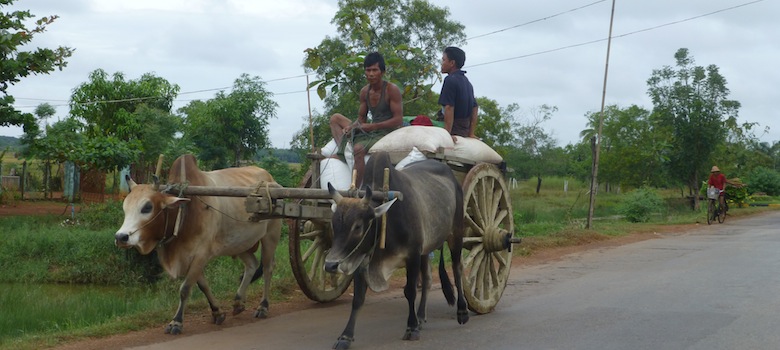The Center for Constitutional Democracy promotes human rights, peace, and good governance in South Sudan, Libya, Burma, Liberia, and Vietnam.
The Impact of a Good Constitution
Human Rights
According to the United Nations Universal Declaration of Human Rights, “recognition of the inherent dignity and of the equality and inalienable rights of all members of the human family is the foundation of freedom, justice and peace in the world.” Substantive rights such as the right to life, freedom from torture, freedom from slavery, and freedom of thought, are core tenets of democratic societies. However, despite the universal and egalitarian conception of human rights, violations and abuses occur often in the international community, especially in nations suffering oppressive governments and armed conflict. The best protections against human rights violations are democratic, accountable governments, strong independent legal systems, and public education about human rights.
A good constitution is an icon of the hope that humans can put away guns, apply their intelligence, and remake their collective lives according to structures that will give them a better chance of remaining free, peaceful, and stable.David C Williams
Peace
The design of constitutional structures can have an enormous impact on the success or failure of democratic institutions. The constitution can provide real opportunities for groups traditionally excluded from politics – such as ethnic minorities or women – to achieve meaningful participation, or it can ensure that power will continue to be locked up within limited social groups. The constitution can create incentives for national political leaders to reach across social lines of division to create the necessary electoral base, or it can entrench those lines of division. And the constitution can create space for civil society organizations to flourish and influence politics or it can facilitate the repression of such organizations. In other words, the rule of law is crucial to peace and stability.
Good Governance
Developing countries are risky places to do business. They often have significant growth potential as under-served markets, but shaky political stability can stunt or even squash progress altogether. Government policies that promote democratic reform are crucial in these markets, as is the coordination between governments, humanitarian organizations, and private companies to establish rule of law and good governance that will allow business to flourish.



